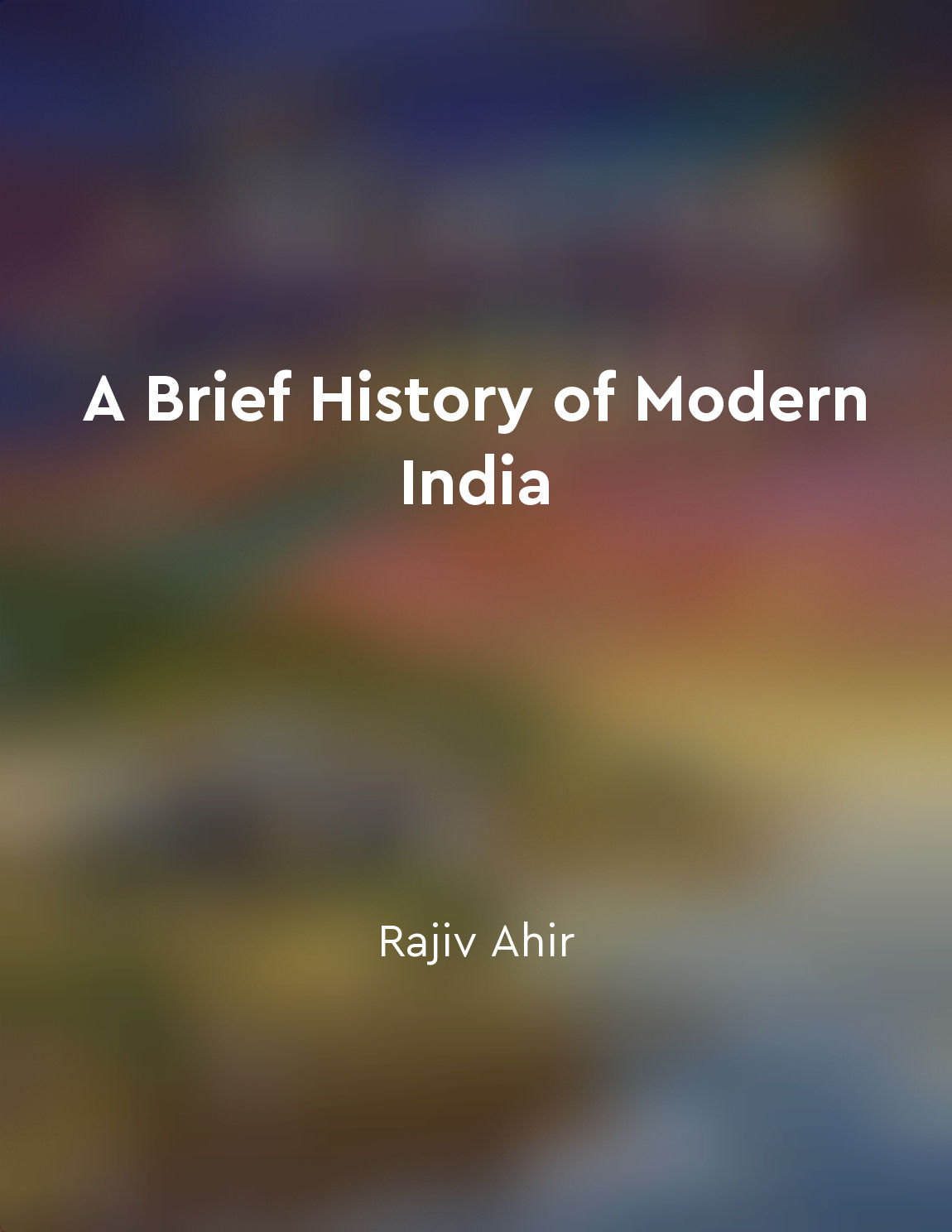The partition of Kashmir continues to be a source of conflict between India and Pakistan from "summary" of South Asia in World History by Marc Jason Gilbert
The partition of Kashmir has remained a contentious issue between India and Pakistan since the two countries gained independence from British colonial rule in 1947. The region has a majority Muslim population but is claimed by both countries, leading to a protracted conflict that has resulted in multiple wars and ongoing tensions. The roots of the Kashmir conflict can be traced back to the partition of British India, which was marked by widespread violence and communal tensions. The princely state of Jammu and Kashmir, which had a Muslim majority population but a Hindu ruler, was given the choice to accede to either India or Pakistan. The Maharaja of Kashmir chose to accede to India, leading to a dispute between India and Pakistan over the region. India and Pakistan have fought multiple wars over Kashmir, with both countries claiming the region in its entirety. The Line of Control, which divides the region into Indian-administered and Pakistan-administered territories, has been the site of frequent cross-border skirmishes and ceasefire violations. Both countries have accused each other of supporting insurgent groups in Kashmir, further complicating the conflict. The Kashmir conflict has had a profound impact on the people living in the region, who have been caught in the crossfire between Indian security forces, Pakistani militants, and local insurgents. Human rights abuses, including extrajudicial killings, enforced disappearances, and torture, have been reported on both sides of the Line of Control. Efforts to resolve the Kashmir conflict through diplomatic means have been largely unsuccessful, with both India and Pakistan refusing to compromise on their claims to the region. International mediation efforts, including by the United Nations, have also failed to find a lasting solution to the conflict. The partition of Kashmir continues to be a source of tension and instability in South Asia, with the potential to escalate into a full-scale war between India and Pakistan. Until a mutually acceptable solution is found, the people of Kashmir will continue to bear the brunt of the conflict, caught between the competing interests of two nuclear-armed neighbors.Similar Posts

Tsunami disaster in 2004
The year 2004 brought with it a devastating natural calamity that shook the entire world. On December 26, a massive undersea ea...
Dr. Ambedkar's message of inclusivity and respect for all communities echoes in discussions on Jammu & Kashmir
Dr. Ambedkar's teachings, which emphasize inclusivity and respect for all communities, are highly relevant in the context of di...
